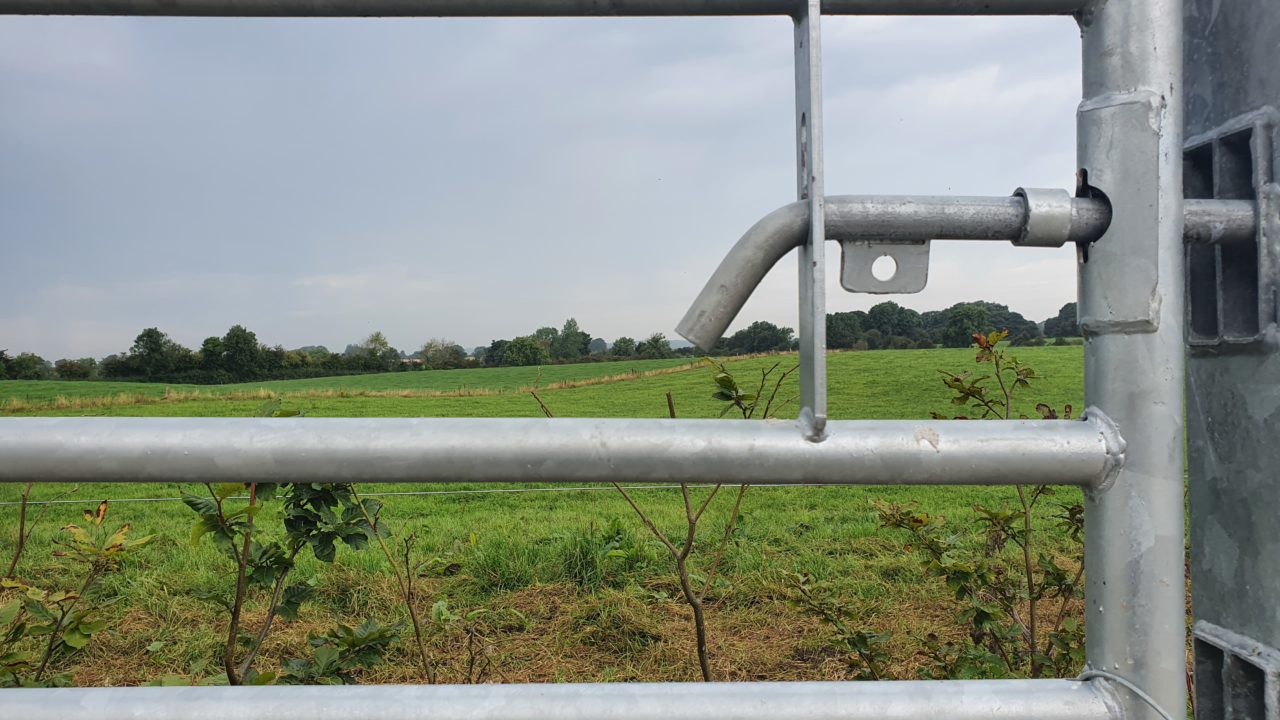The Irish Creamery Milk Suppliers’ Association (ICMSA) has written a letter to all TDs claiming that current government policy represents “a disastrous threat to commercial farming and the rural communities who depend on that activity”.
The letter, signed by ICMSA president Pat McCormack, argues that (outside of cities and the largest towns) “the most meaningful and significant economic and social force in Ireland is farming and food production”.
“The farm families that are the basis for our multi-billion euro food sector are the commercial, social, cultural and demographic basis for most of rural Ireland. They are the people that keep rural Ireland viable,” McCormack says.
“ICMSA accepts the challenge that is climate change and the need to stop and reverse that threat. We accept the scale of the challenge and the enormity of the changes required.
“But we do not accept that this necessitates the effective ending of commercial family farming in Ireland and – be in no doubt – this is where we are headed if the trend and weight of government decisions keeps going against our family farms,” the letter claimed.
McCormack argues that the proposals in the works for the government’s Common Agricultural Policy Strategic Plan (CSP) “strips away” support for farms; and that any kind of cap on livestock numbers would be “hugely damaging to our futures”.
“Commercial family farms are being undermined at every turn in favour of some model of semi-productive land stewardship beside large industrial scale farms,” according to the ICMSA president.
“Co-ops, processing and value-adding facilities that were built up over generations and which have established worldwide reputations for excellence and innovation will either retreat as their raw material and supply base contracts; or else become reliant on industrial scale ‘factory-farming’.”
The letter also claimed that the ‘multiplier effect’ of farming “will work negatively” if current policies are pursued.
“Every single euro earned by local farms is multiplied three times as it goes into their local economies; that same euro will be deducted three times as it disappears from the local economy,” it says.
McCormack asks TDs to “pause and think about the communities and parishes in your own constituency as the commercial family farm sector is regulated out of existence”.
The farm leader also pointed to the fact the emissions for food are counted at the point of production, while for oil emission are counted at the point of consumption, something he says is not “consistent or fair”.
“It is up to you…to insist on a policy that recognises that commercial farming and lowering emissions are compatible and that the science must be given a chance to kick-in and lower emissions without destroying commercial farmers that are the single element without which rural Ireland just has no chance of survival,” the letter urges.
It continues: “We urge you to ensure that a cap will not be placed on livestock numbers and that farmers will be allowed sustainable stocking levels – and I mean sustainable from an economic, social and environmental perspective.”
McCormack concludes the letter by saying: “Decisions made by government in relation to carbon budgets in the coming days and weeks will determine the future of Irish farming over coming years and decades… I ask you to make those decisions in a way that ensures that farmers are not unfairly, unjustifiably and illogically restricted.”
